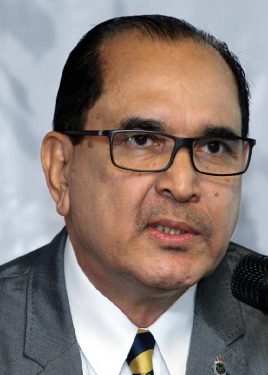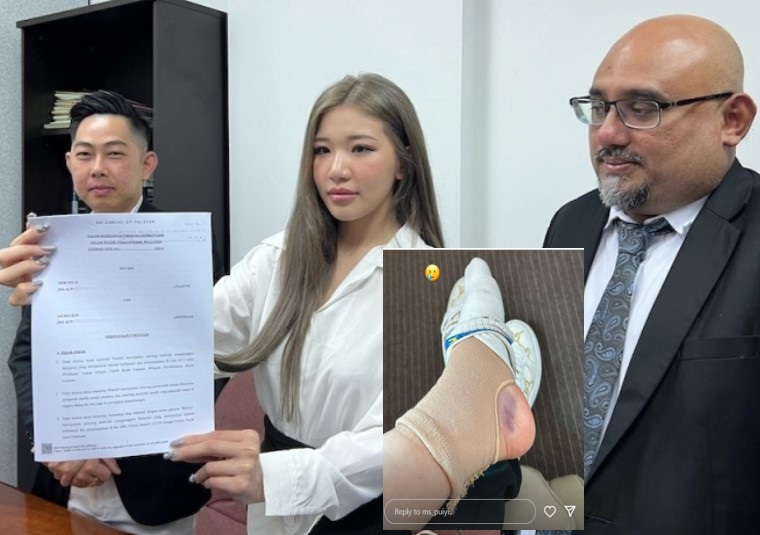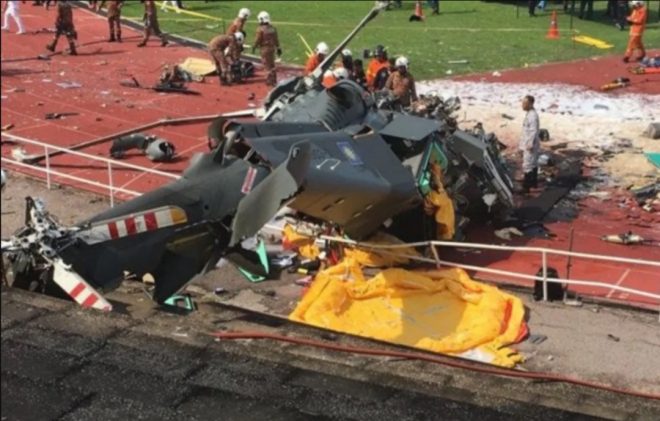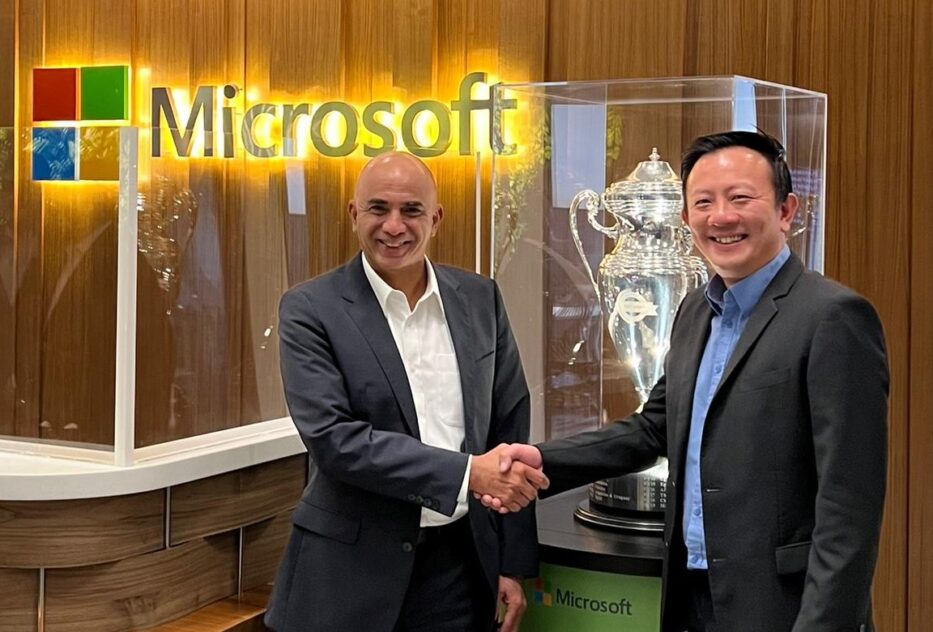MALAYSIA must step up its anti-corruption approach by leveraging existing law and technology which includes improved risk mapping to fight corruption and reduce leakages.
In this regard, priority should be accorded to high-profile cases as the amount of money and people involved are huge, according to Association of Certified Fraud Examiners (ACFE)-Malaysian Chapter founder and president Datuk Seri Akhbar Satar.
“The Malaysian Anti-Corruption Commission’s (MACC) focus on grand corruption is a step in the right direction by using the management team-based investigation (MTI) method which can produces more transparent and quality investigation papers (IPs),” he commented in a media statement.
“Grand corruption is the abuse of high-level power that benefits the few but at the expense of many.”
Akhbar who holds the professorial chair at Institute of Crime & Criminology at HELP University was commenting on a recent statement by MACC’s chief commissioner Datuk Seri Azam Baki who reaffirmed that the law enforcement approach must be changed to keep up with the times and focus on grand corruptions to help reduce leakages.
According to the World Bank, most grand corruption cases include using anonymous shell companies to move financial assets secretly prior to financial institutions and other enablers assist those involved in laundering the proceeds.
“In fact, MACC found that 50% of the corruption cases resulting in the leakage of government procurement involves civil servants, mainly from the management team,” noted Akhbar who was also the immediate former Transparency International Malaysia president.
“Between 2013 and 2018, the wrongdoings involving procurement was at 43%, topping the list of sectors prone to corruption.”
Such revelations came as no surprise because the public sector has the power that can be exchanged with money.
“In addition, these high profile individuals in the grand corruption are smart and always pay their way out,” he pointed out.
For instance, police have confirmed the existence of Ben a.k.a King of Smugglers who is the mastermind behind Malaysia’s largest cigarettes smuggling syndicate who is still on the loose.
Despite controlling over 60% of the cigarette industry that also causes the Government to lose RM5 bil every year, the authorities have yet to take further action.

“This has sparked public perception that the authorities turned a blind eye on their activities. Some unethical personnel may have been creeping in the law enforcement agencies and long been bribed or threatened to cover up,” opined Akhbar.
The best solution, according to Akhbar, would be the inclusion of Section 135 of the Customs Act 1967 in the Schedule of the Security Offences (Special Measures) Act 2012 (SOSMA) or utilisation of the Anti-Money Laundering Act 2001 (AMLA).
“MACC is spot on to include a new provision on the responsibility to disclose beneficial ownership in the MACC Act 2009 (Act 694),” justified Akhbar.
“A central registry for ultimate beneficial ownership (UBO) of companies registered in Malaysia should be introduced to improve the investment climate, easier to conduct business and increase transparency, thus spurring the country’s economy.”
Other solutions to tackle corruption include the utilisation of technology to improve the efficiency and effectiveness of public administration and empowering appointed investigative and law enforcement personnel and agencies to enforce the law without fear or favour.
Additionally, there is also a need to introduce smart policies that can weed out the need or greed for corrupted practices to reduce leakages.
“A good case point is to close the price gap between illegal and legal cigarettes to take away cigarettes smugglers’ high margins that they used to bribe people,” added Akbar. – Oct 29, 2021










